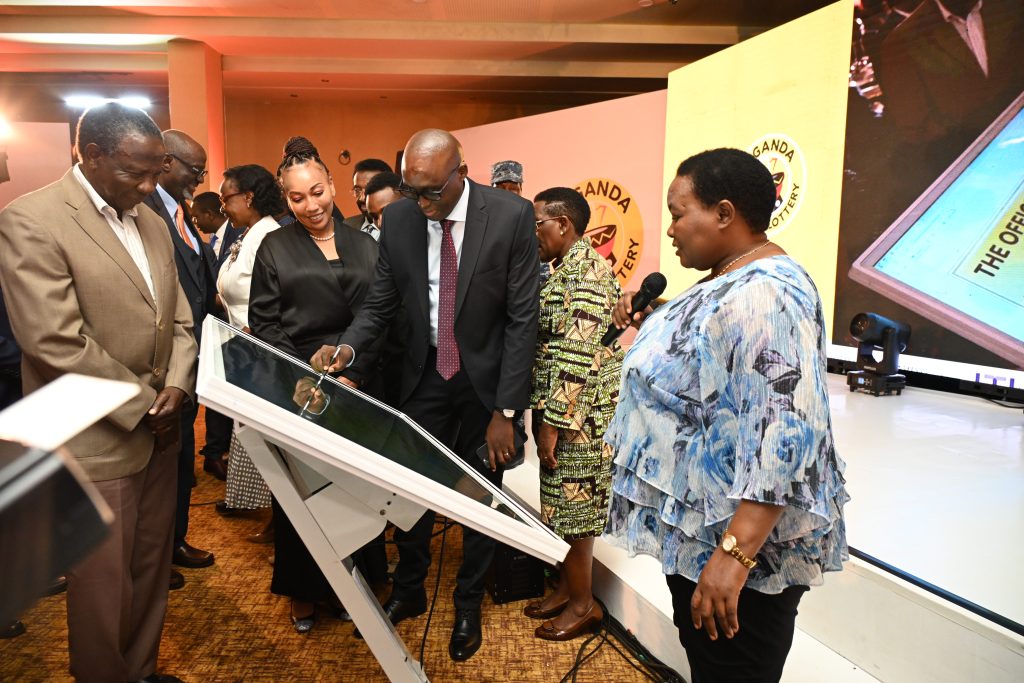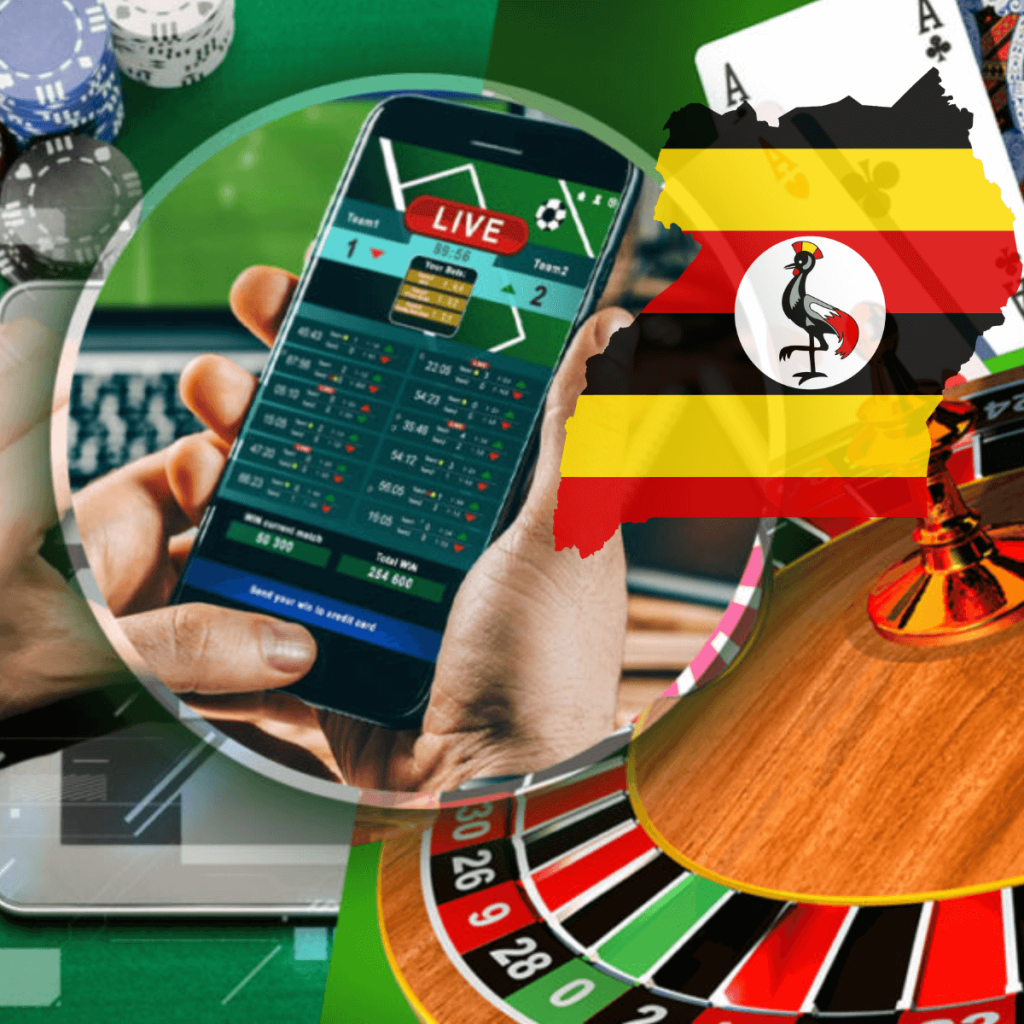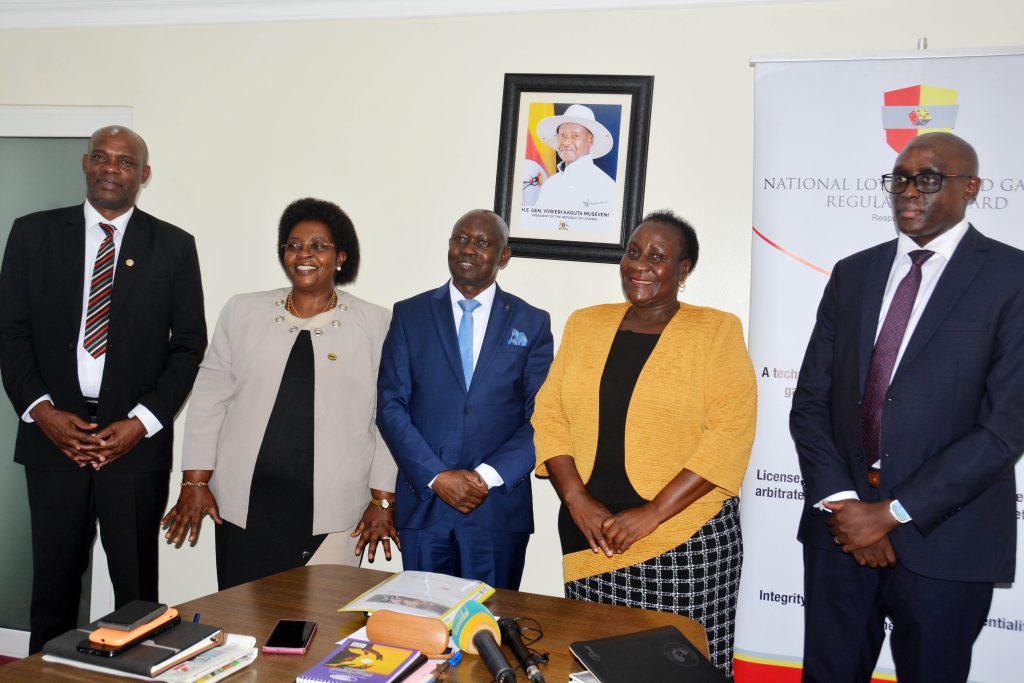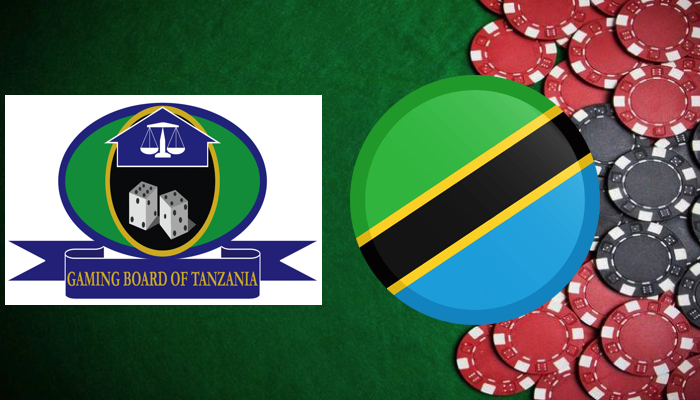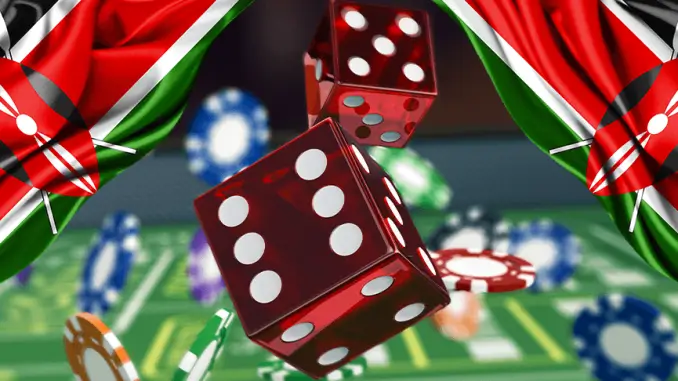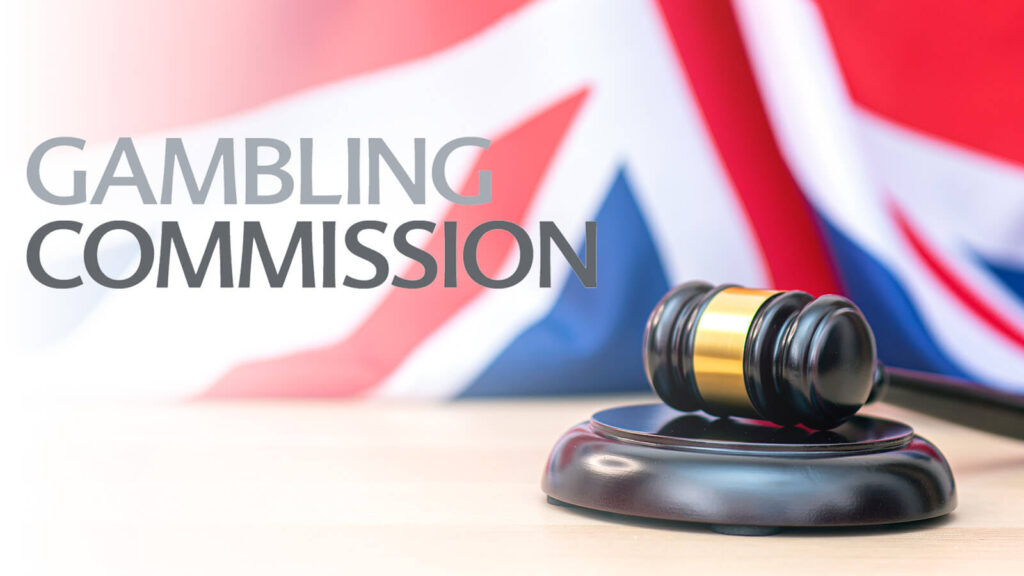The Constitutional Court confirmed a judgment by the High Court in Mahikeng, South Africa that found increased gambling levies imposed on Sun International and Peermont Global in North West province were constitutionally invalid and must be repaid to these two casino operators. I.e.
Sun International which is licensed to operate the Sun City Casino in the province, and until February 2022 also operated the Carousel Casino in Hammanskraal and Peermont Global which operates the Palms Casino and Rio Casino in Mmabath.
The unanimous judgment was handed down by the Constitutional Court by Judge Tati Makgoka, with Judges Raymond Zondo, Jody Kollapen, Mbuyiseli Madlanga, Steven Majiedt, Sulet Potterill, Owen Rogers, Leona Theron, and Acting Justice Van Zyl concurring.
The judgment confirmed that the declaration of constitutional invalidity made by the High Court in Mahikeng of various sections of the North West Gambling Act to the extent that they purport to authorize the North West Province Member of the Executive Council (MEC) for Economic Development, Environment, Conservation, and Tourism to impose gambling levies as a tax as contemplated in the Constitution. It said the declaration of invalidity is effective from 23 January 2020.
MECs must pay up
The MEC for Economic Development, Environment, Conservation and Tourism and the MEC for Provincial Treasury were ordered to pay the two operators the difference between the gambling levies they paid in terms of a regulation of the North West Gambling Regulations 2002 from 23 January 2020 to the date of the judgment, and the gambling levies that would have been payable during that period had the regulation not been amended.
They were also ordered to pay interest at the prescribed rate on the gambling levy amounts already paid by the two companies.
The two MECs and the North West Gambling Board were further ordered to pay the court costs of the Casino Association of South Africa, Peermont Global, and Sun International, which brought the application contesting the lawfulness of the increased levies.
This application led to the High Court in Mahikeng earlier declaring certain empowering provisions in the North West Gambling Act invalid and unconstitutional.
Power, payment, protest
These provisions concerned empowering the MEC for Economic Development, Environment, Conservation, and Tourism to make regulations prescribing the gambling levies that licensed casino operators in North West are required to pay.
The order of the high court followed an amendment to a regulation of the North West Gambling Act by this MEC relying on the empowering provisions.
The effect of the amendment was to substantially increase the gambling levies payable by licensed casino operators in the province.
Another regulation of the North West Gambling Act stipulates that if a gaming levy is not paid under the regulation, a penalty is payable at 1% per day up to a maximum of 100%.
Peermont and Sun International, as a result of these provisions, paid the levies under protest under the amendment and were subject to a full reservation of their rights, including the right to claim repayment of the difference between the levies that would have been payable had the regulation not been amended.
Regulation amendment
The regulation amendment was a culmination of a process that commenced in November 2018 when the North West Gambling Board published for comment a proposed amendment to a regulation in terms of which there would be a levy increase.
The Casino Association of South Africa raised several objections to the proposed amendment and made extensive representations to the North West Gambling Board.
The MEC for Economic Development, Environment, Conservation, and Tourism promulgated a second version of the amendment to the regulation on 15 February 2019, but it merely corrected typographical errors in the draft published in November 2018.
The MEC subsequently promulgated the amendments on 23 and 24 January 2020, which in all material respects were the same as the first proposed amendment published in November 2018.
The North West Gambling Board notified casino licensees in the province on 3 February 2020 about the amendment and that they should pay the prescribed amended tariffs with effect from 1 February 2020.
Judge Makgoka said significant revenue to the North West province is undoubtedly generated by the gambling levies imposed by a regulation of the North West Gambling Act, and these gambling levies are raised as general revenue for the province’s service delivery obligations.
He said the North West Gambling Board’s annual report for 2016/17 showed that the taxes and levies collected by the board for the 2016 financial year totaled R120.78 million and for the 2017 financial year R139 million.
Makgoka said this report also shows that similar amounts were transferred from the North West Gambling Board to the Provincial Revenue Fund for those financial years and this is also evident in the board’s annual reports for 2014/15, 2015/2016, and 2018/2019 financial years.
He concluded that there is insufficient nexus between the gambling levies authorized by the provisions of the North West Gambling Act and imposed by regulation to the act on the one hand, and the regulatory scheme of the act on the other hand.
“It follows that the gambling levies are constitutionally invalid,” he said.
Makgoka added that it is common cause that Peermont Global and Sun International paid the gambling levies under protest and, once the declaration of unconstitutionality and invalidity of the empowering provisions is confirmed, the amendment must be deemed as if it was never promulgated. He said the two companies paid more in respect of the gambling levies than was legally required and only because of the severe consequences attached to non-payment of the levies, including the revocation of a casino license.
Makgoka said just and equitable relief should generally be aimed at correcting or reversing the consequences of unconstitutional action, adding that the consequences of invalidity can only be corrected if the gambling levies paid according to the unlawful amended regulation are repaid to Peermont Global and Sun International.
Source: Money Wire

